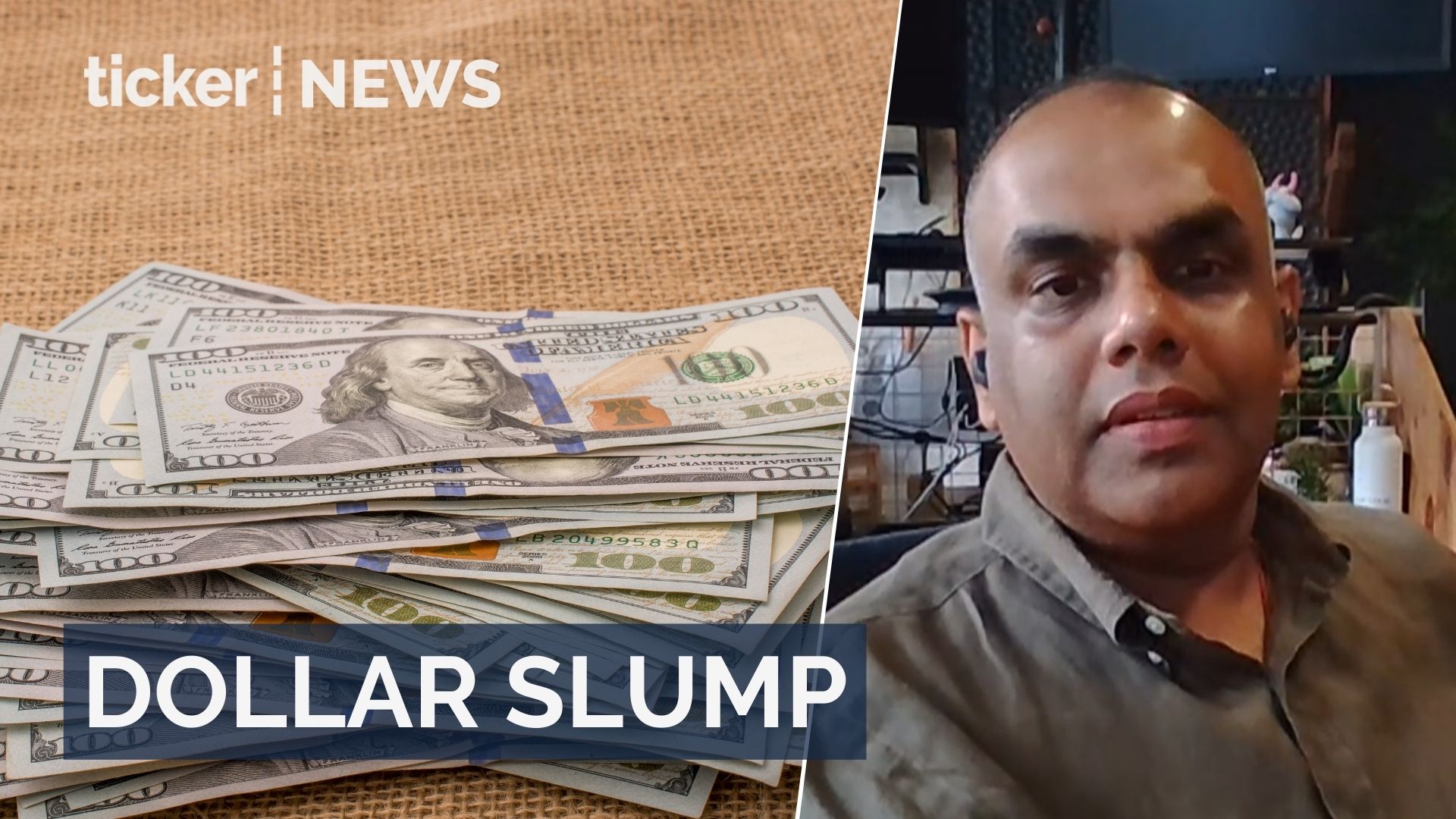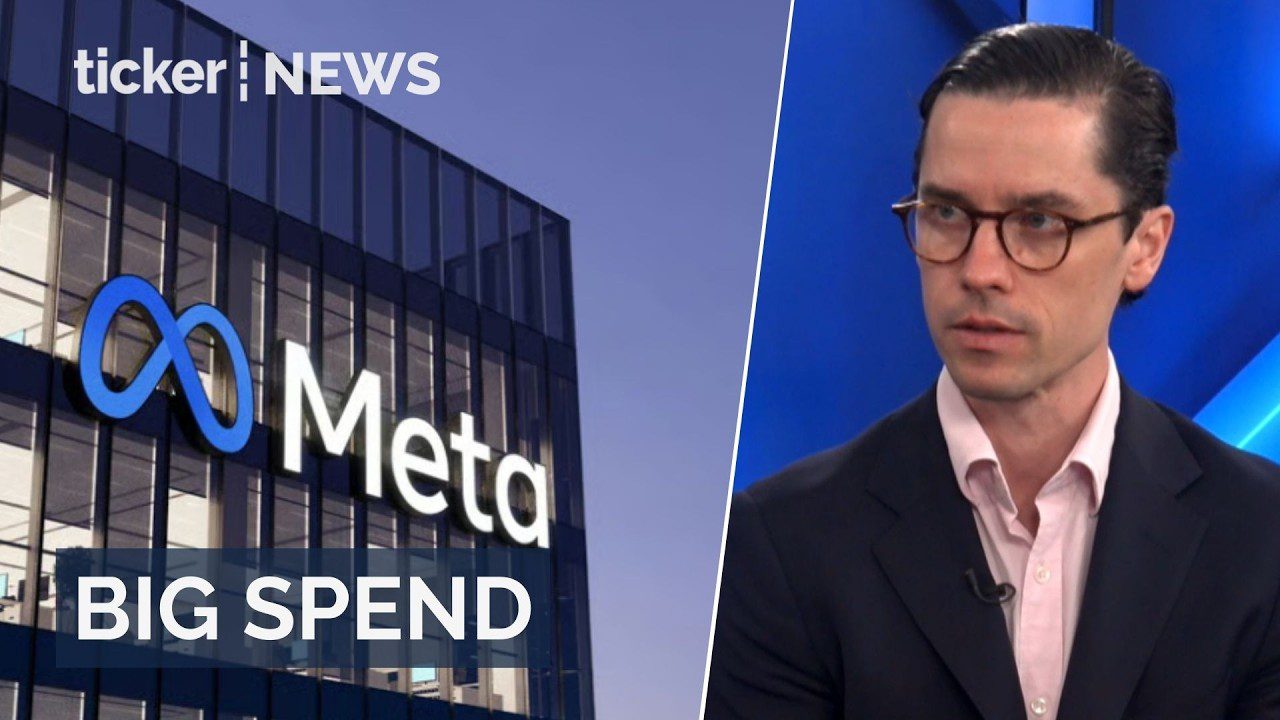Money
Investors worry about broader Middle East conflict
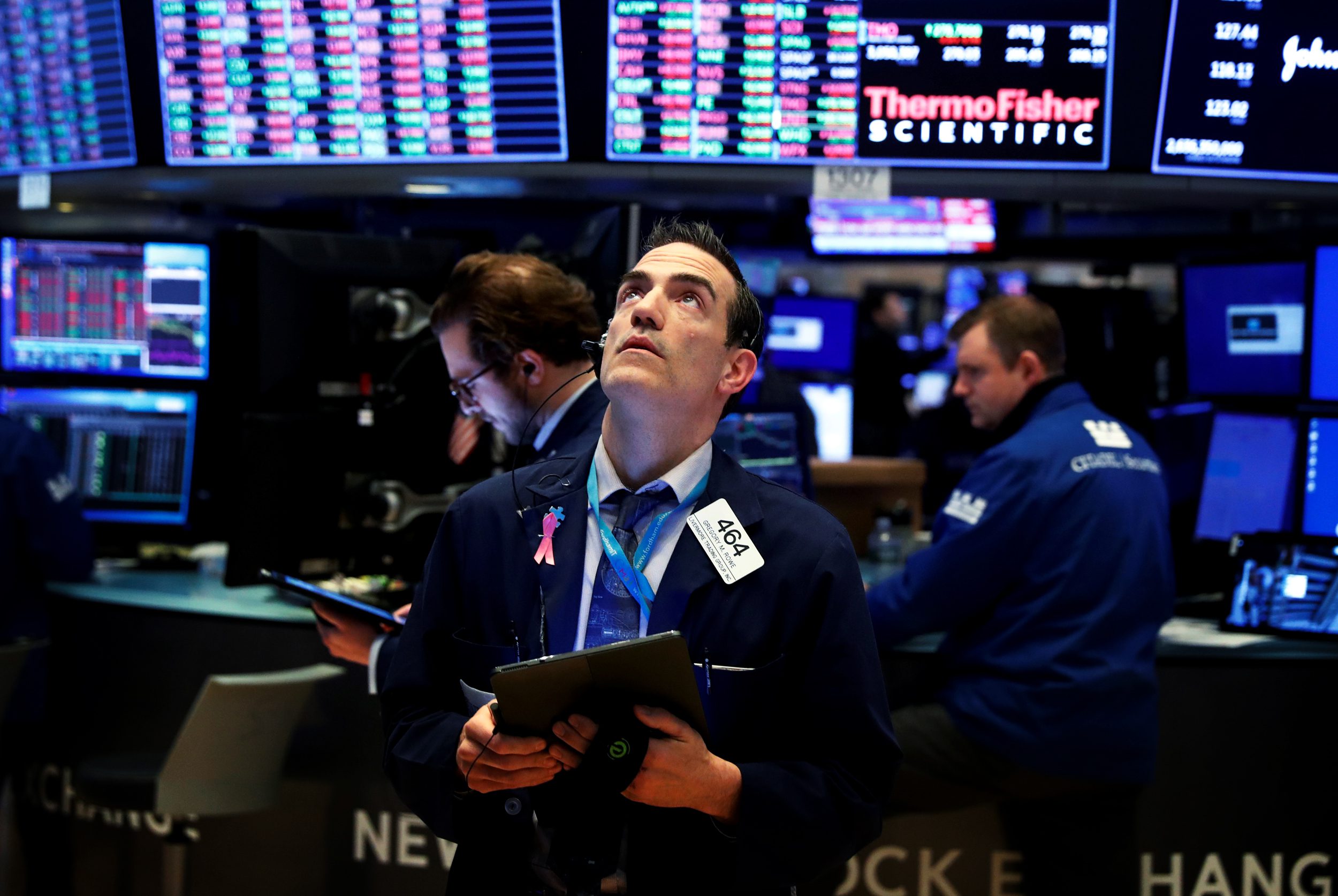
Money
U.S. dollar weakens while Australian dollar rises amid global market shifts
Money
Wall Street slides as AI spending raises investor concerns
Wall Street dips as AI spending scrutiny rises; Microsoft struggles while Meta thrives. Tune in for insights!
Money
Tesla brand value plummets amid Elon Musk’s political focus
Tesla’s brand value plummeted to $27.61 billion in 2025 amid Musk’s political shift, sparking investor concern.
-



 Ticker Views4 days ago
Ticker Views4 days agoHow Iran is powering Russia’s next generation drone war
-



 News3 days ago
News3 days agoBig Tech earnings spark investor unease over AI spending
-

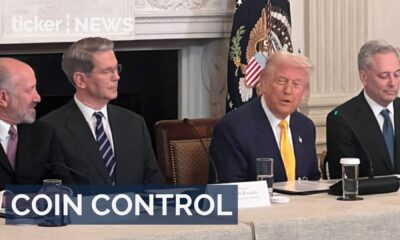

 Crypto4 days ago
Crypto4 days agoWhite House holds talks with crypto and banking executives on new rules
-

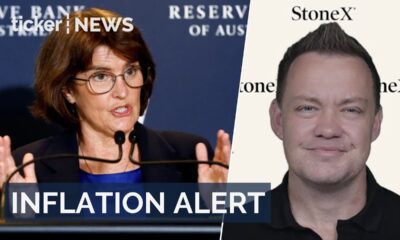

 Ticker Views4 days ago
Ticker Views4 days agoAustralia inflation, USD volatility and Fed dissent explained
-



 Money3 days ago
Money3 days agoU.S. dollar weakens while Australian dollar rises amid global market shifts
-

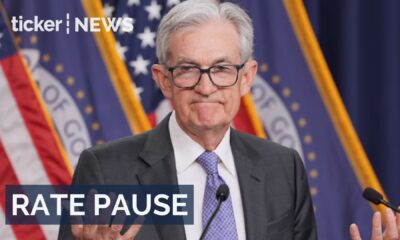

 News4 days ago
News4 days agoFederal Reserve holds interest rates amid economic uncertainty
-



 News4 days ago
News4 days agoTrump warns Iran as U.S. naval forces approach amid rising tensions
-



 News4 days ago
News4 days agoNicki Minaj says her loyalty to Trump will not change



